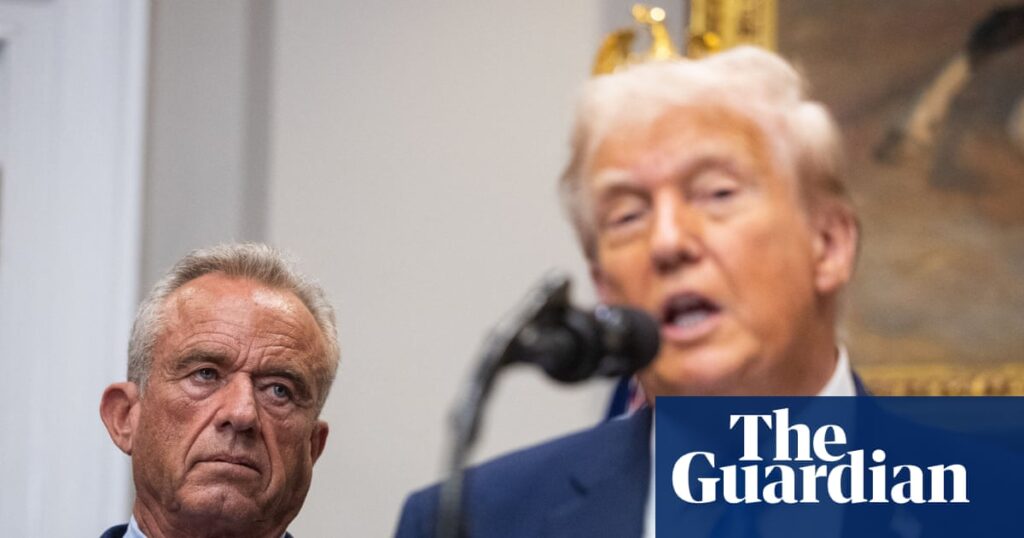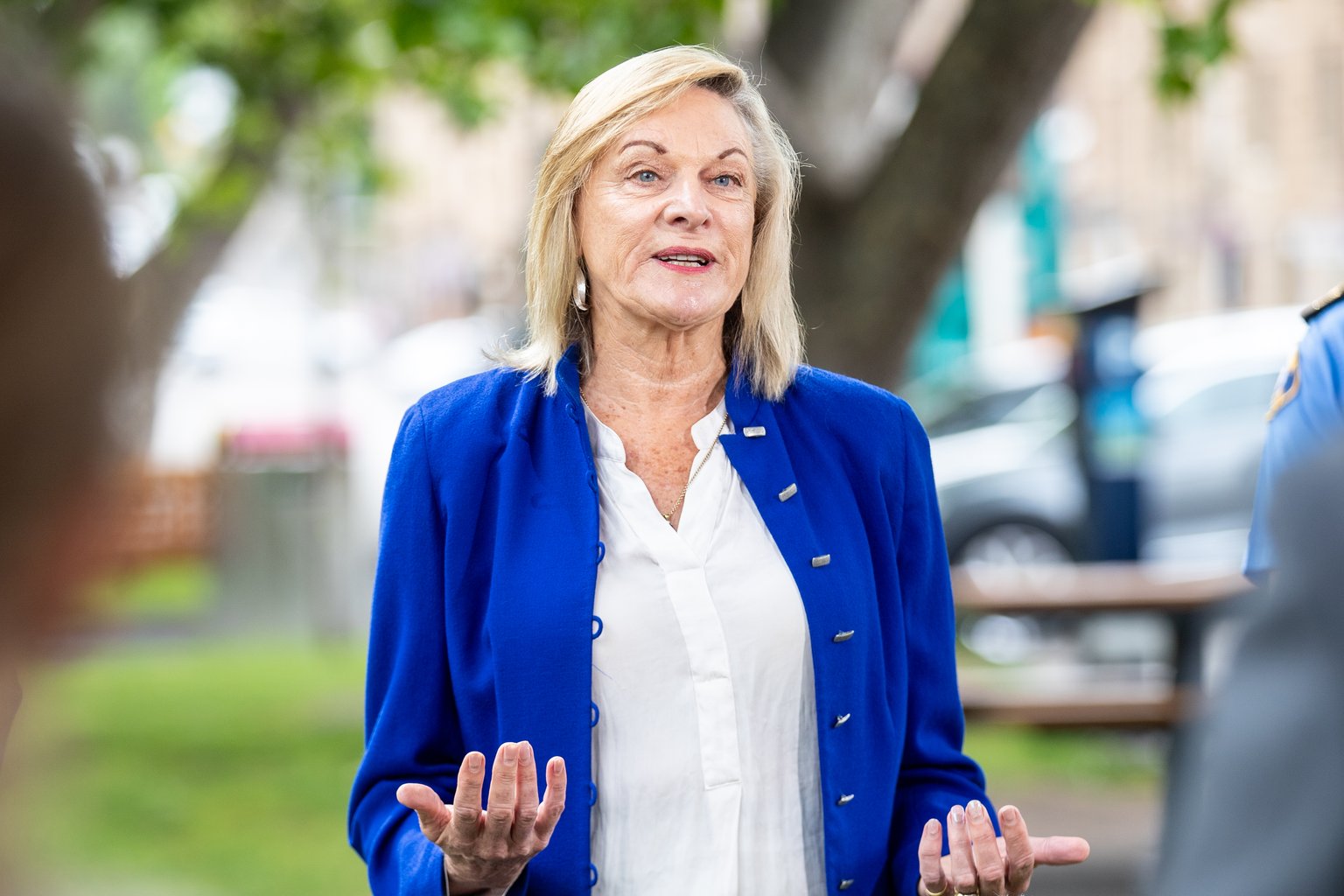
In a brief yet impactful statement, former US President Donald Trump advised against the use of paracetamol by pregnant women, citing unfounded links to autism. This claim, described by Prof. Paul Kelly as a “bomb,” left health professionals scrambling to counter misinformation. Kelly, who retired as Australia’s chief medical officer last year, questioned the time and resources spent by experts to debunk such claims.
The incident highlights a troubling trend, as the US, traditionally a leader in evidence-based public health guidance, faces significant shifts under the Trump administration. Prof. Sharon Lewin, director of the Peter Doherty Institute for Infection and Immunity, expressed concerns about the erosion of trust in US health institutions, which have long served as a model for countries like Australia.
The Hollowing Out of US Health Institutions
Australia has historically relied on the robust frameworks of the Centers for Disease Control (CDC), the Food and Drug Administration (FDA), and the National Institutes of Health (NIH). However, the appointment of anti-vaccine activist Robert F. Kennedy Jr. as the US Secretary of Health and Human Services has led to budget cuts and the replacement of experienced scientists with individuals lacking medical training.
“The foxes are really in the hen house at the moment,” Kelly remarked, describing the situation as an “anti-science, anti-expert crusade” with global repercussions, including in Australia.
Impact on Drug Approval and Access
The FDA’s role in drug approval is critical, and any dysfunction within the agency poses risks to Australia’s access to new and effective medicines. Prof. Lewin emphasized that the FDA’s resources and expertise are vital for the initial approval of drugs, which then undergo further scrutiny by Australia’s Therapeutic Goods Administration.
“An FDA that’s not functioning is a big risk for our access to the latest and most effective medicine,” Lewin noted.
Research and Innovation at Risk
The NIH, the world’s largest public funder of biomedical research, faces potential budget cuts of up to 40%, threatening the pipeline of medical innovations. While Congress has resisted these cuts, the uncertainty remains concerning.
Dr. Tony Gill highlighted the importance of NIH-funded research, citing the rapid development of Covid mRNA vaccines as a “classic example” of US investment in global health advancements.
“Much of what we have today in modern medicine comes from NIH research, including pretty much every vaccine developed in the last 50 years,” Kelly stated.
Australia’s Response and Future Steps
With the US health landscape shifting, Australia may need to bolster its own research capabilities. Domestic investments, such as the mRNA manufacturing facility in Victoria, are becoming increasingly crucial. Terry Slevin, CEO of the Public Health Association of Australia, emphasized the need for self-reliance and stronger ties with Southeast Asia.
Lewin expressed optimism about new NIH mechanisms for funding foreign research, which could allow continued collaboration despite the challenges.
Establishing Australia’s Own CDC
Australia is set to launch its Centre for Disease Control in January, modeled after the US CDC. This move is timely, as political interference in the US CDC has underscored the importance of independent, evidence-based health advice.
“The timing of Australia establishing its own CDC is even more urgent,” Slevin noted, stressing the need for Australia to “stand on our own two feet.”
The new Australian CDC will coordinate public health responses and provide crucial analysis and advice, reducing reliance on international bodies.
Global Implications and Future Outlook
The changes in US health policy have far-reaching implications, potentially affecting global health standards and Australia’s vulnerability to infectious diseases. The cuts to the US CDC’s overseas work, which has historically helped control outbreaks like Ebola, pose additional risks.
“So we are all at risk,” Kelly concluded, highlighting the global interconnectedness of public health.
As Australia navigates these challenges, the focus will likely shift towards strengthening domestic capabilities and fostering international collaborations beyond traditional US partnerships. The coming years will test Australia’s resilience and adaptability in the face of shifting global health dynamics.






